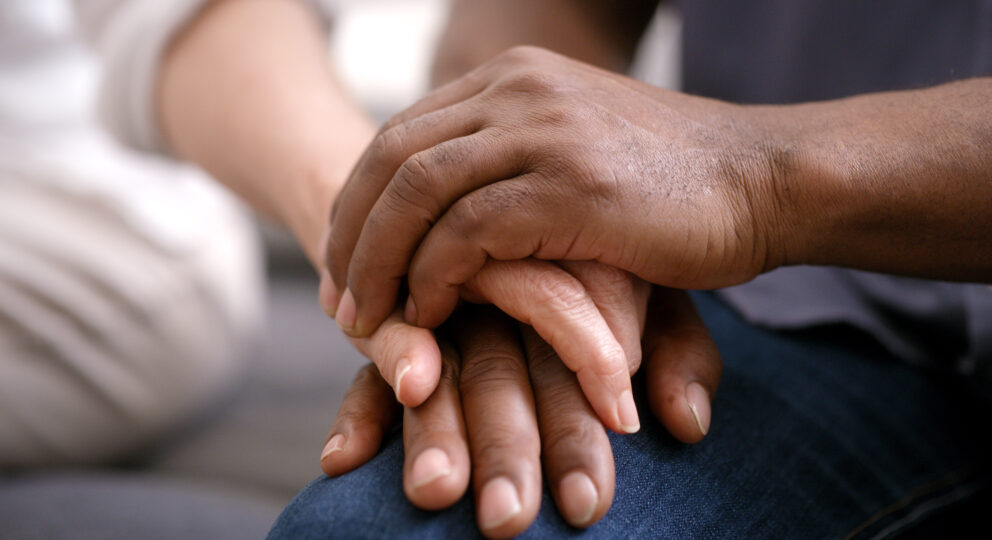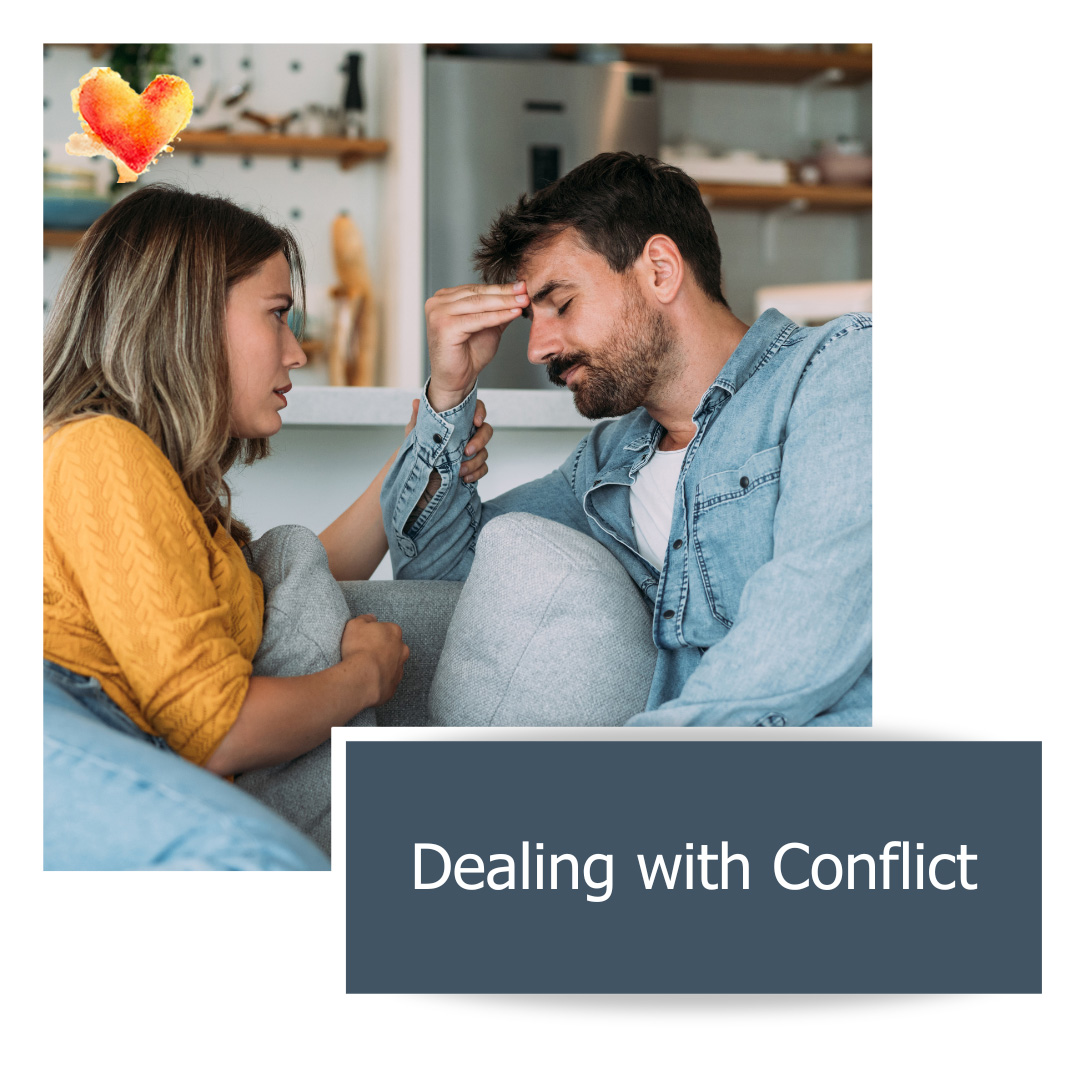To a seasoned couples therapist, the telltale signs of a relationship in crisis are universal. While every marriage is unique with distinct memories and stories, how it looks at its core (the anatomy so-to-speak) adheres to certain truths. We know the bones of love, what builds trust (and breaks it), what fosters connection (and disconnection) from the work of Dr. John Gottman.
Gottman is renowned for his research on marital stability and demise and recognized as one of the ten most influential psychotherapists of the past quarter-century. He has more than 40 years of research with 3,000 participants. The quality and breadth of his studies are some of the finest and most exemplary data we have to date. They serve as an underpinning for how we understand what makes love work.
Enter Brené Brown, a self-described Texan storyteller. She’s gritty and funny and, like Gottman, a formidable researcher. Over the past two decades, Brown studied shame, vulnerability, courage, and empathy. She’s published five New York Times #1 bestsellers, and more than 40 million people viewed her TED Talk on vulnerability. Her passion for living a wholehearted life is contagious and convincing. Her research confirmed a core human need to belong and connect. At a time when many feel the absence of such, she’s tapping a deep well. She inspires people who are committed to practicing shame-resilience, “daring greatly,” and embracing vulnerability.
Masters of Marriage and the Wholehearted
Gottman coined the term “Masters of marriage” to describe the couples in his research whose relationships not only endure, but thrive. These are people who cultivate trust, commitment, responsiveness, and an ability to cherish their partner’s feelings throughout a lifetime. Brown speaks of the “wholehearted” individuals who engage their lives from a place of worthiness. They cultivate courage, compassion, and connection. Both groups, the masters of marriage and the wholehearted, display a host of traits that associated with health and thriving.
I’ve had the good fortune to train in both the Gottman Method and The Daring Way® (an experiential methodology based on the research of Brené Brown). I cannot help but wonder what life would be like if we could take our cues from the masters of marriage and the wholehearted? How might this shape who we are as individuals in a partnership? What might the ripple effects be to our children and society at large if we aspire to love as Gottman and Brown suggest?
The implications of following in the footsteps of the masters and the wholehearted are huge. The Harvard Study of Adult Development, the most extensive study of its kind, taught us three things. First, loneliness can kill as surely as smoking or alcoholism. When we connect, we live longer and healthier lives. Second, the quality of our relationships matters. It’s not the number of our friends nor whether we are in a committed relationship that predicts thriving. Being in a high-conflict marriage is bad for one’s health. It is worse than divorce. Third, good relationships don’t just protect our health. They protect our minds. Memory loss and cognitive decline are more prevalent in lives permeated by conflict and disconnection.
If that is not compelling enough, Brown’s research on the implications of shame paints a similarly grim picture. It depicts shame as correlated with loneliness, depression, suicidality, abuse, trauma, bullying, addiction, and anxiety.
So while love may not heal all wounds, it is undoubtedly a panacea for preventing them.
Gottman and Brown give us a map—a macro perspective of the wilderness of our hearts and the wildness of love. It’s a rocky path, fraught with challenges and risk. But vulnerability is inherent in any stance that places courage above comfort. And should we decide to follow it, the destination it promises to take us to is nothing short of awe-inspiring.
The paradox of trust
Gottman, in his book “The Science of Trust,” astutely asserts that loneliness is (in part) the inability to trust. And sadly, the failure to trust tends to perpetuate itself. When we don’t trust, over time, we become less able to read other people and deficient in empathy. He states, “Lonely people are caught in a spiral that keeps them away from others, partly because they withdraw to avoid the potential hurt that could occur from trusting the wrong person. So they trust nobody, even the trustworthy.”
According to both researchers, it’s the small interactions rather than grand gestures that build trust and break it. “Sliding door moments” are the seemingly inconsequential day-to-day interactions we have over breakfast, while riding in the car, or standing in the kitchen at 9 p.m. Within each act of communication, there is an opportunity to build a connection. And when we don’t seize it, an insidious erosion of trust ensues, slowly over time.
Our relationships do not die from one swift blow. They die from the thousand tiny cuts that precede it.
But choosing to trust is all about tolerance for risk, and our histories (both in childhood and with our partners) can inform how much we are willing to gamble. Brown speaks to the paradox of trust. We must risk vulnerability to build trust. Simultaneously, it is the building of trust that inspires vulnerability. She recommends cultivating a delicate balance. This is where we are generous in our assumptions of others and simultaneously able to set firm boundaries as a means to afford such generosity. Being soft and tough at the same time is no small feat.
When our stories write us
According to Gottman, the final harbinger of a relationship ending is in how couples recall memories and the stories they tell. Memories, it turns out, are not static. They evolve, change, and are a living work-in-progress. When a relationship ending, at least one person is likely to carry a story inside themselves that no longer recollects the warm feelings they once had for their partner.
Instead, a new narrative evolves. It maximizes their partner’s negative traits and minimizes their own. “Self-righteous indignation,” as Gottman aptly refers to it, is a subtle form of contempt and is sulfuric acid for love. This story, laced with blame and bad memories, is the strongest indicator of an impending breakup or divorce.
But, as Brown cautions, “We are meaning-making machines wired for survival. Anytime something bad happens, we scramble to make up a story, and our brain does not care if the story is right or wrong, and most likely, it is wrong.” She points out that in research when a story has limited data points, it is a conspiracy. A lie told honestly is a confabulation.
In social psychology, this pre-wired bias is referred to as the fundamental attribution error (FAE). The FAE speaks to our tendency to believe that others do bad things because they are bad people. We ignore evidence to the contrary while simultaneously having a blind spot that allows us to minimize or overlook what our behaviors say about our character. In short, we are partial to giving ourselves a pass while not extending the same generosity to others.
When our minds trick us into believing we know what our partner’s intentions, feelings, and motives are, we enter a very dark wood—one where we truly can no longer see the forest for the trees. The ramifications of this are significant because the stories we tell ourselves dictate how we treat people.
In portraying ourselves as a hero or victim, we no longer ally with the relationship, but rather, armor up and see our partner as the enemy. And if we’re prone to spinning conspiracies, there is a strong likelihood that we run the risk of hurting ourselves and those we love in assuming this stance.
Acknowledging our tendencies towards mishaps and misperceptions is not easy. It requires a certain humility, grace, and intentionality. But as Stan Tatkin points out in his TED talk, Relationships are Hard, “We are mostly misunderstanding each other much of the time, and if we assume our communication, memory, and perception is the real truth, that is hubris.”
The wholehearted and masters of marriage bypass such hubris and navigate the terrain of relationships differently than those who get lost in the wood. If we want our relationships and quality of life to thrive, it’s essential we take our cues from them and cultivate new habits.
Embracing emotions (and the suck)
To do so, we must first expand our emotional repertoire to include a wide range of feelings, not just our go-to ones. “Emotion-embracing,” as Gottman calls it, is a central building block for healthy relationships. We aim for what Pixar’s “Inside Out” so brilliantly depicts: inviting sadness, joy, anger, disgust, and fear all to the table.
Put simply, Brown suggests we “embrace the suck,” stating that the wholehearted demonstrate a capacity to recognize when they’re emotionally ensnared and get curious about their feelings and perceptions.
Both Gottman and Brown draw on the Stone Center’s Strategies of Disconnection, which propose that people respond in one of three ways when hurt: by moving away, moving toward, or moving against that which feels painful. Gottman advocates for turning toward your partner when injured. Brown speaks more to leaning into (and getting curious about) our own uncomfortable emotions. Both are emotion-embracing and courageous stances that emphasize mutuality over individualism.
Unfortunately, most of us are not taught as children to embrace painful feelings. It’s counterintuitive and goes against our neurobiological wiring. If we have a traumatic history, all the more so. And our society by and large is an emotion-dismissing culture. But as Brown cautions, there’s a price to pay when we selectively numb emotions. When we numb our painful feelings, we also numb our positive ones. So, if we want the good things in life (and I think most of us want the good things), then it’s a package deal.
Running toward heartbreak
If the most significant indicator that a relationship reached a tipping point is a rewritten story devoid of fond memories, then it stands to reason that a narrative free from blame, interwoven with curiosity and even goodwill is indicative of love that will last. Therefore, one of the central tasks of any healthy relationship is to co-create stories from a lens of “we” versus “me.”
It involves little (and big) reckonings, as Brown calls them. In these sliding door moments, we pause long enough to reflect and ask ourselves (and each other), “What is going on right now?” Together, we cultivate a broader understanding of a disagreement or hurt feelings, one not possible when left alone in our heads to spin narratives that defend our most vulnerable parts and simultaneously ensure that we will go to our grave more swiftly, lonely, and armored.
When I reflect on the lessons of Gottman and Brown, one concept stands out: running headlong into heartbreak. There are things far worse than having our hearts broken, such as the harm we inflict on our loved ones when we disown pain and transmit it onto them. There’s the legacy of trauma that ripples into our children’s hearts and the generations to come—veiling us in a seemingly impermeable barrier to vulnerability and all the fruits that go with it.
And let us not forget the Harvard Study of Adult Development and the toll that a conflict-laden life combined with emotion-dismissing has on our health.
Yes, running headlong into heartbreak is running directly into vulnerability. It involves uncertainty, risk, and emotional exposure. But, as Brown reminds us, vulnerability is the birthplace of love, belonging, joy, courage, empathy, and creativity.
Should we choose this path, there will be moments (likely many) where we find ourselves facedown in the dirt. The road to wholeheartedness guarantees we will get our hearts broken—again and again. But, in choosing to embrace heartbreak, we empower ourselves to experience the myriad of ways love manifests itself and the beauty life affords us. In the end, it’s not a question of if we will experience heartbreak but of how.
What will you choose?










